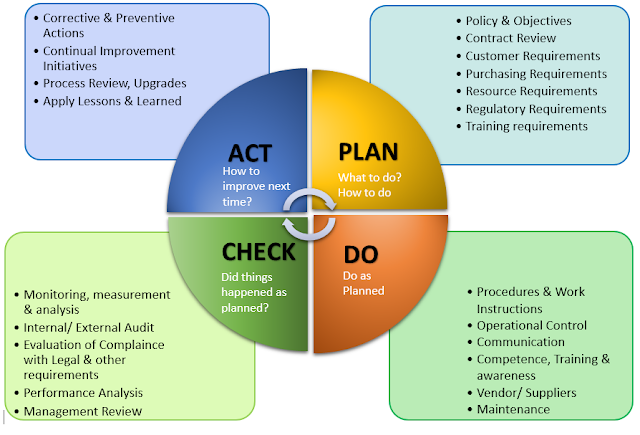@2021 invictIQ is a venture by Sprint Consultancy. All rights reserved. Privacy Policy.

Essential Audits for Care Homes & Why They Matter
by Mark Topps
Care home audits are a key part of quality assurance, ensuring that care and tasks are being carried out in line with standards expected, understand what is going well and where there can be improvements.
Some of the key audits needed in a care home include:
- Infection control – This audit ensures that staff are adhering to infection control protocols such as hand hygiene practices, cleaning and disinfection procedures. Effective infection control measures help prevent the spread of infections among residents and staff.
- Health and safety
- Nutrition, kitchen and mealtimes – These audits ensure that kitchens are clean, food is being safely prepared, food is stored correctly, meal toes are pleasant and enjoyable and that resident’s weight and hydration is monitored.
- Accident and Incidents – This audit will ensure that the service has detailed records on accidents and incidents, investigations are carried out, further reporting as needed have been completed and that lessons learnt/corrective actions have been put into place.
- Bed Rails – this will ensure the safe of bed rails, that risk assessments are completed and detailed, maintenance of rails etc.
- Care Plans – This will ensure that care plans are individualised, and care is being delivered in line with this and regularly reviewed.
- Falls – this will ensure that your service is assessed for risks and preventive measures to be implemented (such as grab bars and non-slip flooring).
- Compliments and Complaints
- Contingency Plan – this audit ensures that emergency response procedures are up to date, that drills are carried out, whether the care home has the necessary equipment and resources readily available to respond to bed rail-related emergencies, whether there are any training needs etc.
- Dependency Tool – this ensures that the care home thinks about resident’s individual needs such as feeding, bathing, dressing, grooming, toileting, mobility and continence for example and that this is then mapped to how many staff are needed to meet their needs. The audit is beneficial to help document and evidence peoples needs for local authorities if asking for more hours/increase in support.
- Care Records – this is important to ensure that residents care records are completed, are accurate, detailed and reflective on the resident’s needs.
- First Aid Boxes – this ensures that there are adequate medical provisions for the service, that equipment is in date and that staff know how to use things.
- Maintenance – this ensures that maintenance tasks are being carried out (and in a timely manner), that checks of the property (internal and external) are being carried out and that staff are aware of risks and how to report them.
- Fire – This would assess fire prevention measures, fire detection systems and evacuation procedures. Fire audits help identify potential fire hazards and ensure that appropriate measures are in place to protect residents and staff in the event of a fire.
- Medication – This audit ensures that medications are administered correctly, doses are accurate and there are no discrepancies in recording.
- Staff Files – this ensures that staff that all employees have the right to work checks, qualifications are documented, documentation with expiry dates are monitored and actioned (such as driving licences, care MOT, passports etc)
- Safeguarding – this ensures that the care home has an effective safeguarding policy, procedures are being followed and that staff are trained in recognising and responding to safeguarding concerns.
- Training – assessing training and competency of staff in providing care ensures that staff have the necessary skills and knowledge to meet people’s needs.
This list is not exhaustive, and there may be specific areas in your service that need to be audited such as commodes, tube feeding, mattresses etc. There are a number of great templates on www.infectionpreventioncontrol.co.uk. You can also download a sample monthly audit planner (listed under Infographics) from here.
Auditing is essential for care providers, and it is important that you develop an audit matrix to evidence how often you are checking. Digital solutions such as Audit On Cloud by InvictIQ can support with this. Their AI powered Action Planning not only automates the process but also identifies gaps and areas of improvement in the specific Key Question or Quality Statements. Providers should ensure they have clear action plans from each identified issue, and then measurable steps to take to overcome these. Action plans are a great way to evidence continuous learning for the regulator.
MORE ARTICLES

Mark Topps is a social care leader who has worked in the care industry since 2004 and is currently working as a regional support manager. He regularly advocates, appearing on television, radio and podcasts and has started many campaigns for change in legislation and culture within the industry. Mark is the co-founder of The Caring View which is a social care podcast, YouTube show and free resource initiative for the sector. He also co-founded The Health and Social Care Club, which is an audio event hosted on LinkedIn. Mark is also the social media and marketing director at the National Association of Care and Support Workers.
Share
Sign up for our newsletter

